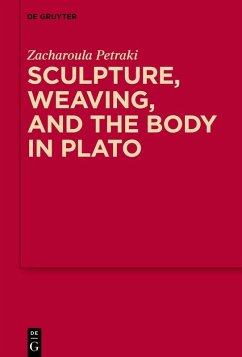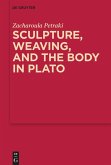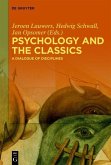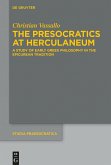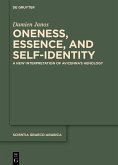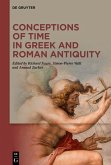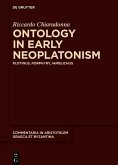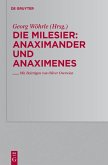The book adopts an interpretative angle that is sensitive to the visual and art-historical developments of Classical Athens to argue that sculpture, revolutionized by the advent of the lost-wax technique for the production of bronze statues, lies at the heart of Plato's conception of the relation of the human soul and body to the Forms. It shows that, despite the severe criticism of mim?sis in the Republic, Plato's use of artistic language rests on a positive model of mim?sis.
Plato was in fact engaged in a constructive dialogue with material culture and he found in the technical processes and the cultural semantics of sculpture and of the art of weaving a valuable way to conceptualise and communicate complex ideas about humans' relation to the Forms.
Zacharoula Petraki, Universität Kreta, Rethymnon, Griechenland.
Dieser Download kann aus rechtlichen Gründen nur mit Rechnungsadresse in A, B, BG, CY, CZ, D, DK, EW, E, FIN, F, GR, HR, H, IRL, I, LT, L, LR, M, NL, PL, P, R, S, SLO, SK ausgeliefert werden.

